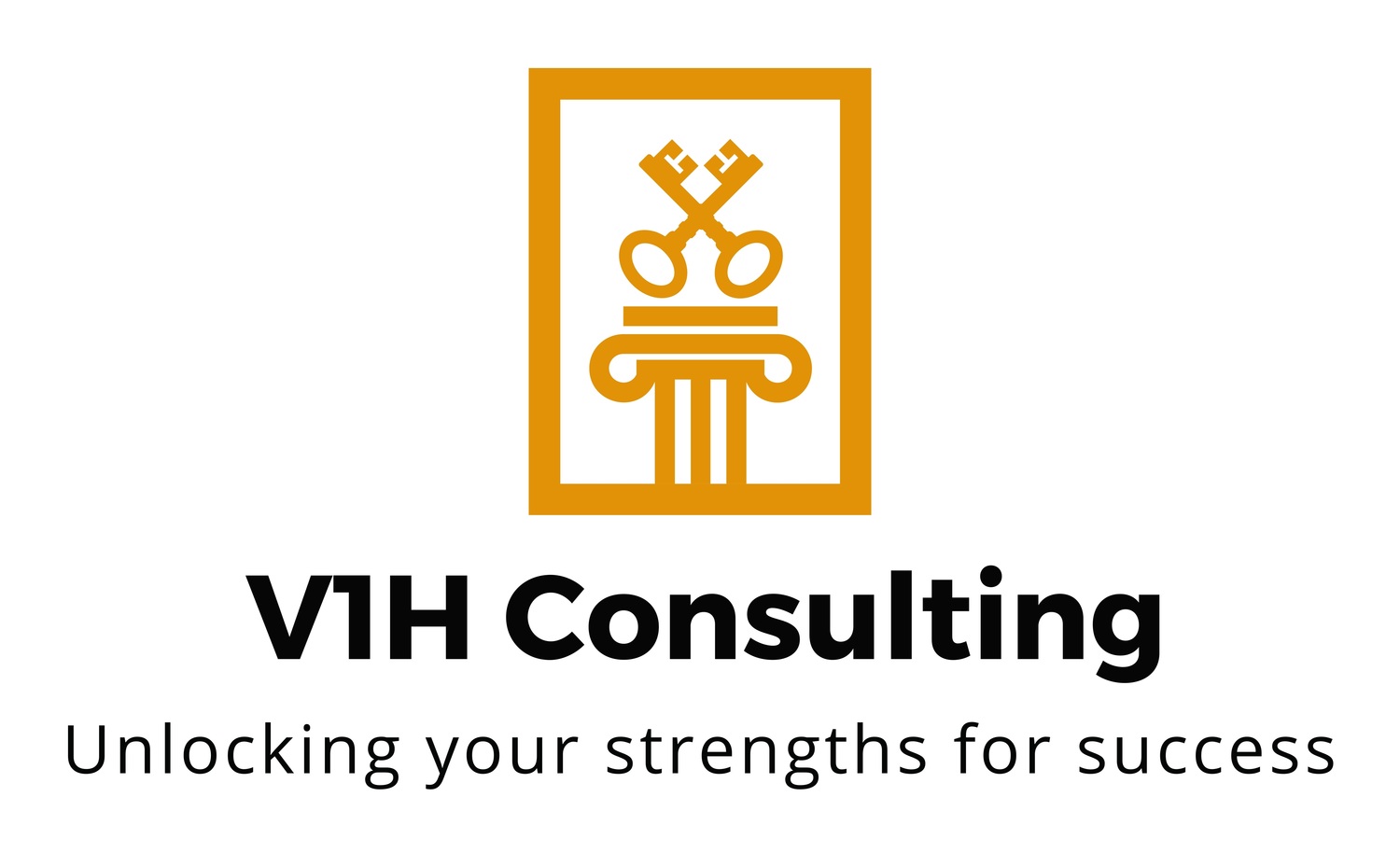As the workplace dynamics and life situations are rapidly evolving, there are multiple opportunities to assume leadership roles. Circumstances whether in your job or in your community or even in your family may require you to step up and lead. For example, I have seen one of the biggest and most consequential leadership roles that I have had to undertake was addressing the needs of my aging parents. In our communities, we often see that individuals are standing up to fight for what they believe in or to seek justice. In the workplace, organizations are moving more aggressively toward team management and project-based operations. These settings have made it even more imperative that organizations invest in growing leaders that can step into management roles to execute their organizational.
So, what do the experts say makes a great leader?
Great leaders get straight “A’s” on their leadership test. They exemplify authenticity, accountability, adaptability and appreciation.
Great leaders cast a compelling vision about where they want to go and they have faith in their beliefs - they create lasting solutions to problems not just band aide fixes and they create a thriving organizational culture.
Great leaders stay positive, exhibit confidence and have a sense of humor - they are clear about their goals and decisive in their decisions - they lead with courage, passion and humility.
Great leaders handle controversial issues or crisis calmly and confidently - they embrace failures and manage setbacks while taking responsibility for their actions - they learn from their mistakes and make the hard choices when they have to.
Great leaders embrace change and lead by example - they communicate effectively and are transparent in their actions.
These are what I call the brass ring objectives. These tend to be the buzz words of leadership development. These are the things that we often shoot for to become better leaders. While these are all good intentions and yes great qualities to have as a leader, they tend to be taught as the flavor of the month but, in reality, nobody embodies all of these leadership qualities. While a finely tuned racecar looks great and will perform competitively on the racetrack it won’t be a winner when you need to bring the groceries home from the store; your SUV will do a better job at that.
So how are you going to become the next great leader? What will get you prepared to step into a leadership role, willingly or unwillingly, and have the best chance to succeed?
We all take on leadership roles in very different ways. Depending on our talents and strengths as well as knowing our limitations we all approach the responsibilities of leading in very different ways. Through Gallup’s research, it was determined that the most effective leaders are always investing in strengths. Without an awareness of your strengths, it is almost impossible for you to lead effectively.
“We believe that when the right talent meets the right opportunity in a company with the right philosophy, amazing transformation can happen.” -- Reid Hoffman
In order to be an effective leader, you need to take stock of your personal characteristics and skill sets and assess your strengths and weaknesses. Further education in leadership and management coupled with continued professional development of your skills are key. In this age of digital enlightenment and rapidly evolving workplaces, the definition of effective leadership is constantly changing and to keep up, leaders need to continuously ask questions of themselves.
In the popular TV show, Game of Thrones – Peter Dinklage plays Tyrion Lannister a dwarf living in this fictional world where physical strength and the ability to engage in warfare are rewarded. When asked why he reads so many books, his answer is to improve his already strong mind. Knowing that because of his physical limitations, that he would never excel as a warrior, his best chance to lead and succeed was through his intellectual abilities. He knew his strength was his intelligence and that by enhancing his strongest asset he could not only survive in a chaotic world but he would excel as a leader.
Knowing your strongest assets are your best chance to be a successful leader. Understanding not only your strengths but those of your team and bringing those talents to bear in your leadership endeavors is your best path to being a great leader. Knowing your strengths and those of your team is like having a blueprint of why you are or why your team members are the way that they are is like having a manual on how to make yourself or your team members function at optimal efficiency.
In my previous articles, I have been talking about knowing your strengths is understanding your “YUR”. Why you tackle certain challenges the way you do; why you react the way you do; why you lead the way you do are all encompassed in how you use your strengths. For example, if one of your strengths is communication you will lead best if you use this talent to influence others. Empathizing easily with others will take you a long way in your leadership responsibilities by helping to build strong relationships. Having strong analytical skills, will help you devise effective strategies while leading a team and if you are a person possessing an acute ability to focus then you will use this strength to lead your team in successfully executing their projects.
“Before you are a leader, success is all about growing yourself. When you become a leader, success is about growing others.” – Jack Welch
As a person that has “Maximizer” as my top talent theme according to the Gallup StrenghtsFinder assessment, I understand that great leaders know that people are key to your success. One of the keys to being a great leader, in my opinion, is being able to instill power within others. Lifting others up, inspiring them to grow and bringing out the best in people is the best way to create more leaders. A true leader is able to inspire their team to encourage them to go beyond excellence and accomplish far more than anyone expects them to – or they expect of themselves. Great leaders earn their team’s respect. They do this by getting to know their team by listening, providing productive feedback and they encourage cooperation over competition.
“You cannot have faith in people unless you take action to improve and develop them.” -- Sumantra Ghoshal
The other side of the leadership equation is encompassed in why followers follow. In the book written by Tom Rath and Barry Conchie, Strengths Based Leadership, Rath and Conchie outline how you can effectively lead using your unique strengths. I highly recommend reading this book and with it you will get a code that will allow you to take Gallup’s StrengthsFinder Assessment.
If you are ready to find out what shapes your ability to be an effective leader and you are ready to maximize your “YUR” by discovering your talents, declaring your strengths and developing them into dynamic tools that will make you the next great leader V1H Consulting will help you to evolve your “YUR”.
“What great leaders have in common is that each truly knows his or her strengths – and can call on the right at the right time.” --Tom Rath





